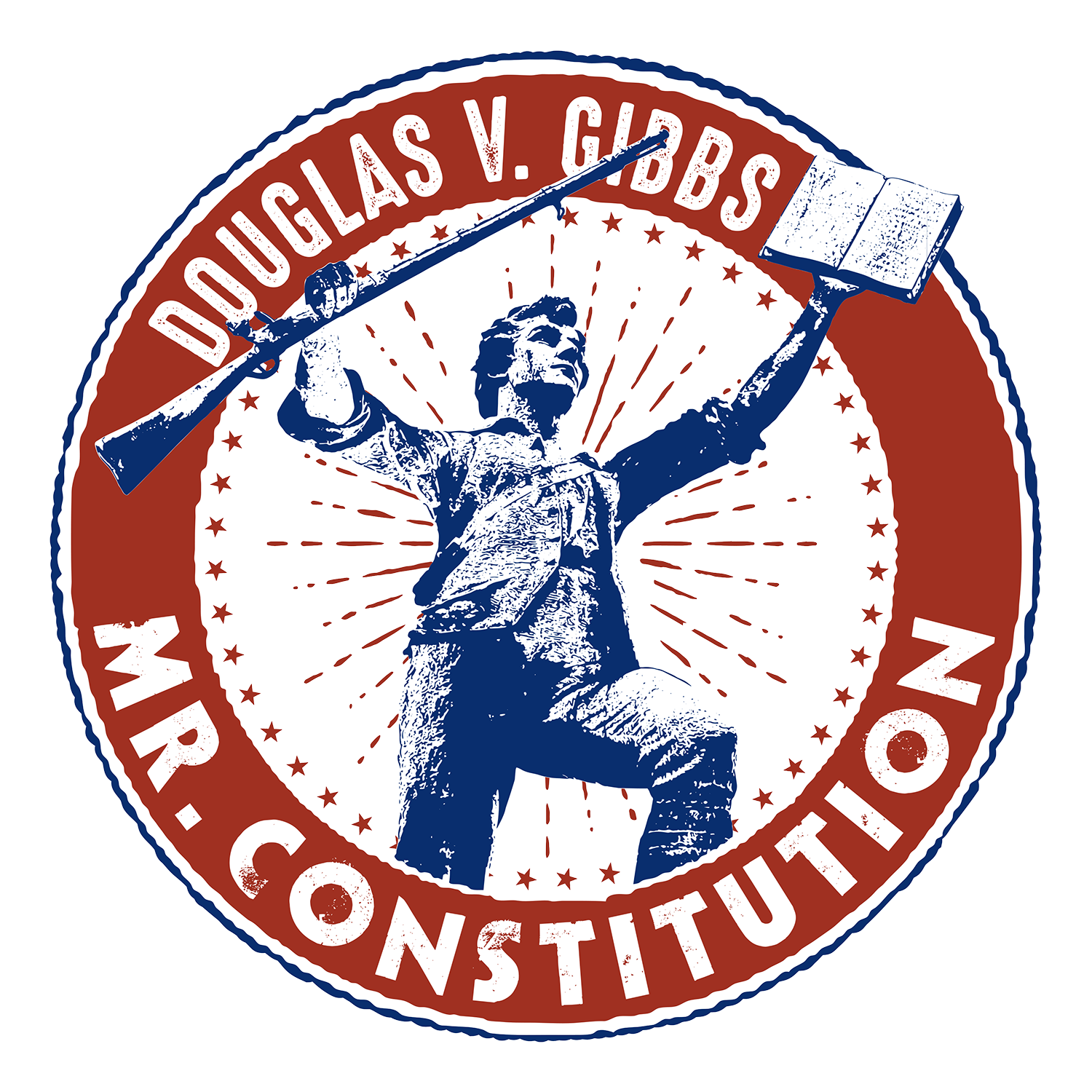The Kentucky Resolutions (1798, authored by Thomas Jefferson), and the Virginia Resolutions (1799, authored by James Madison), were presented to, and passed by, the legislatures of Kentucky and Virginia in response to the Alien and Sedition Acts of 1798. The resolutions argued that the federal government had no authority to exercise power not specifically delegated to it in the Constitution. In the Virginia Resolution, Madison explained that by enacting the Alien and Sedition Acts, Congress was exercising “a power not delegated by the Constitution, but on the contrary, expressly and positively forbidden by one of the amendments thereto; a power, which more than any other, ought to produce universal alarm, because it is leveled against that right of freely examining public characters and measures, and of free communication among the people thereon, which has ever been justly deemed, the only effectual guardian of every other right.” In the Kentucky Resolutions, Jefferson asserted that not only were the Alien and Seditions Acts unconstitutional, but that the States had the power to nullify them, and any other unconstitutional federal laws. “[T]he several states who formed that instrument [the Constitution], being sovereign and independent, have the unquestionable right to judge of its infraction; and that a nullification, by those [states], of all unauthorized acts….is the rightful remedy.”
« Back to Glossary Index
« Back to Glossary Index
